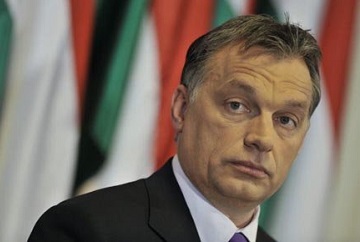-

Spanish Prime Minister Proposes Changes for Judicial Appointments
October 21, 2020
Spain's Prime Minister Sanchez has proposed changing how members of the country's top judicial body, the General Council of the Judiciary (CGPJ), are appointed, which has triggered a political and judicial storm about the independence of the institution.
-

The EU has Sanctioned Six Senior Russians Over the Poisoning of Navalny
October 19, 2020
The European Union has sanctioned six senior Russians over the poisoning of opposition leader Alexei Navalny after laboratories in Germany, France and Sweden confirmed that Navalny was poisoned with a nerve agent that requires presidential authority.
-

Europe and Africa join forces for Global Tech Tax
October 13, 2020
In an effort to push for a global tech tax rate, Europe and Africa are joining forces through The Organization for Economic and Development to publish technical blueprints on how to tax digital companies across borders to compete with American skepticism and to aid in Covid economic recovery.
-

ECJ Rules against Government Collection of Citizen Mobile and Internet Data
October 09, 2020
The European Court of Justice ("ECJ") has ruled that, except in cases of national security, member states must not collect mass mobile and internet data of their citizens.
-

EU's Top Court Rules Hungary’s Crackdown on Soros-Linked Schools Ruled Illegal
October 09, 2020
In a new ruling, the European Court of Justice rejected Hungary’s law limiting the operation of foreign-funded colleges in Hungary, such as the George Soros-linked Central European University.
Copyright 2026 Global Governance Watch. All Rights Reserved.
A project of The Federalist Society for Law & Public Policy Studies